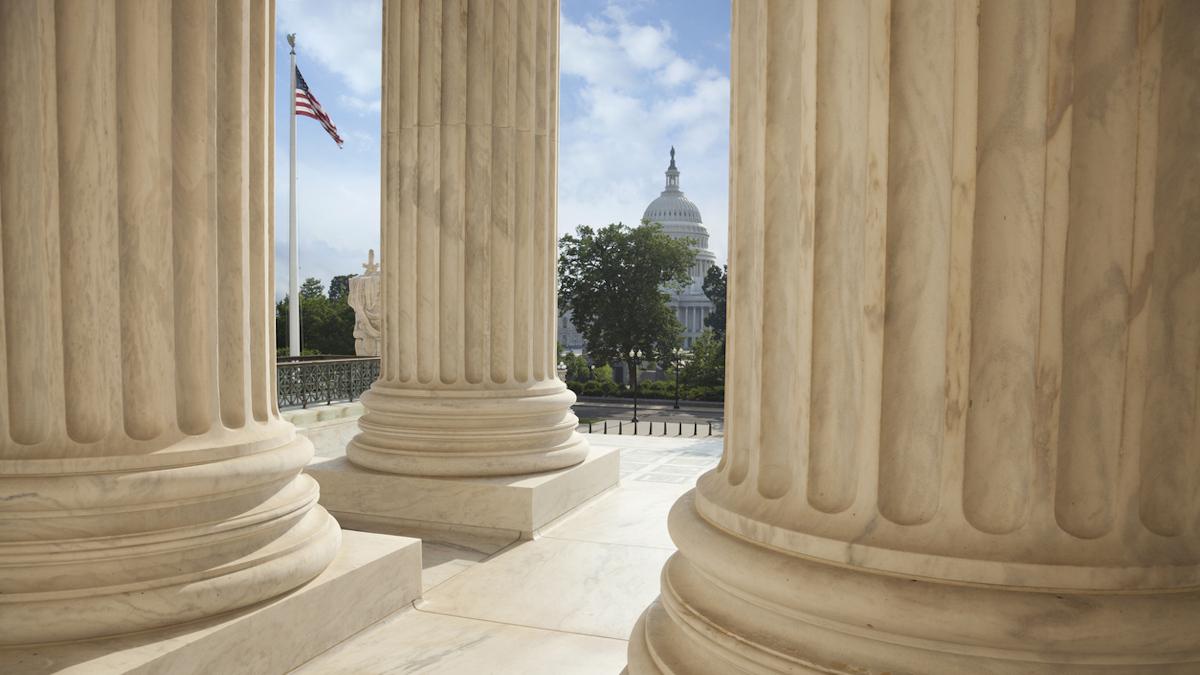Judge knocks back AstraZeneca’s IRA challenge

Judge Colm Connolly
AstraZeneca’s legal challenge to Medicare’s drug pricing negotiation powers has stumbled at the first hurdle in a federal court.
US judge Colm Connolly of US district court in Delaware rejected AZ’s challenge just before the deadline for manufacturers to respond to Medicare’s initial price offers for the first 10 drugs selected for negotiation, which include AZ’s big-selling diabetes, heart failure, and chronic kidney disease therapy Farxiga (dapagliflozin).
The decision is an early win for the Biden administration in its defense of a series of lawsuits brought by pharma companies and other interested parties, which claim that allowing Medicare to negotiate prices is unconstitutional and violates administrative procedures.
Under the Inflation Reduction Act of 2022, the Department of Health and Human Services (HHS), which oversees Medicare, can negotiate the “maximum fair prices” of selected drugs that have a “high budget impact” and are provided via Medicare Parts B and D.
Last month, a federal judge in Texas threw out a lawsuit brought by the Pharmaceutical Research and Manufacturers of America (PhRMA) trade organisation as being out of jurisdiction, without delivering a verdict on the merits of the arguments posed by the two sides. And, last September, another federal judge in Ohio denied a preliminary injunction on the negotiations that had been sought by the US Chamber of Commerce.
In the latest ruling, Judge Connolly ruled that AZ had not identified anything protected by constitutional rights that would be jeopardised by the price negotiations, as participation in Medicare is voluntary and there should be no “expectation” by a company selling to the government that “the higher prices it once enjoyed” have to be protected.
“The opportunity to sell drugs to 50% of the potential market for prescription drugs provides a powerful incentive,” he wrote in his ruling. “That incentive is not, as AstraZeneca contends, ‘a gun to the head' – it is a potential economic opportunity that AstraZeneca is free to accept or reject.”
Judge Connolly also made light of the company’s arguments that price cuts would disincentivise further R&D, concluding that, if courts were to allow that argument, it would “open their doors to plaintiffs whose only complaint was that they disliked a law or government action.”
Final negotiated prices for the first round of drugs will go into effect at the beginning of 2026, and one of AZ’s arguments rests on the premise that generic copies of Farxiga are likely to reach the market sometime between October 2025 and the summer of 2026.
As Medicare pricing negotiations can only be carried out for single-source products, that should exclude Farxiga, the company’s legal counsel contended, although Judge Connolly did not agree, saying the dates of generic competition were speculative and AZ has not been able to demonstrate harm.
AZ has said it disagrees with the ruling, saying it will affect access by patients to medicines in future, and is considering its options.
Several other lawsuits are pending – including a hearing in New Jersey with testimony from Bristol Myers Squibb, Novo Nordisk, Novartis, and Johnson & Johnson that is due to start later this week – so there are likely to be plenty of new twists and turns before there is resolution of the matter.













